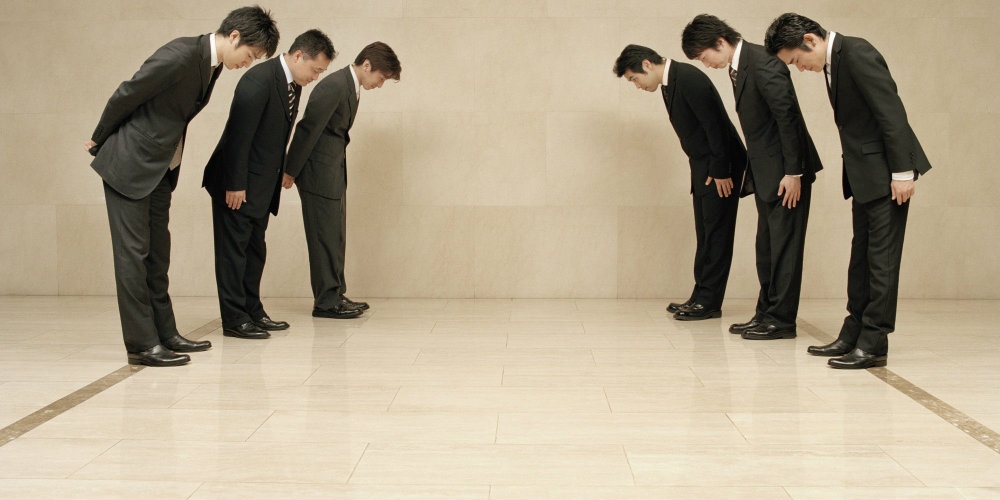10 Japanese Business Etiquette Rules
There's quite a long list of dos and don'ts when it comes to business etiquette in Japan, so to simplify it we have compiled 10 common business manners you're likely to encounter.
By SoraNews241. Wait Before Sitting Down
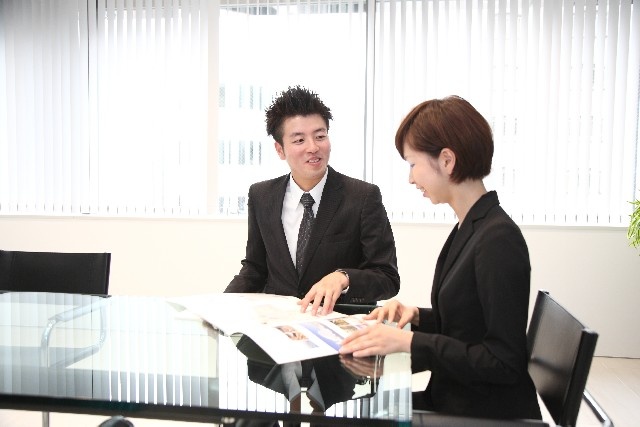
http://www.photo-ac.com/main/search?q=%E3%80%80%E4%BC%9A%E8%AD%B0&pp=39&p=3
When visiting someone else’s office, wait until the host says “Please, have a seat,” before sitting down. Actually, that sort of seems like common courtesy, regardless of whether you’re a visitor to someone’s workplace or a guest in their home.
2. Seating Arrangements By Rank
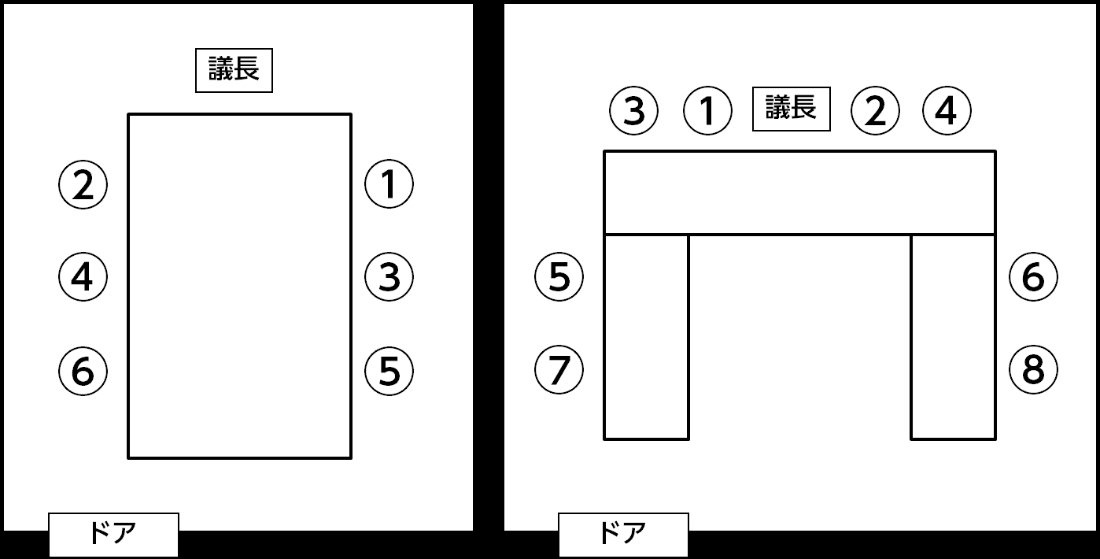
http://karakuchi-info.net/life/manner/confseat/
Japanese society is often concerned with relative status in social relationships. Obviously, higher-ranking employees are considered higher status, but so are guests, those with more experience and those who are simply older. The above diagram shows the proper place for each one to sit, with the entrance at the bottom left and the leader of the meeting or gicho (議長) in the center. As you can see there are different rules for different room layouts as well as for trains and taxis, but generally, the person with the highest status (No. 1) is next to the meeting leader.
3. Take Off Your Coat Before Entering a Building

If you’re conducting business in the colder part of the year, orthodox manners dictate taking off your coat (but not your suit jacket) and folding it over your arm before entering the building or office you're visiting, rather than stopping inside the lobby and blocking the way of employees and other guests.
4. Learn Formal Greetings & Closings for Business Correspondence
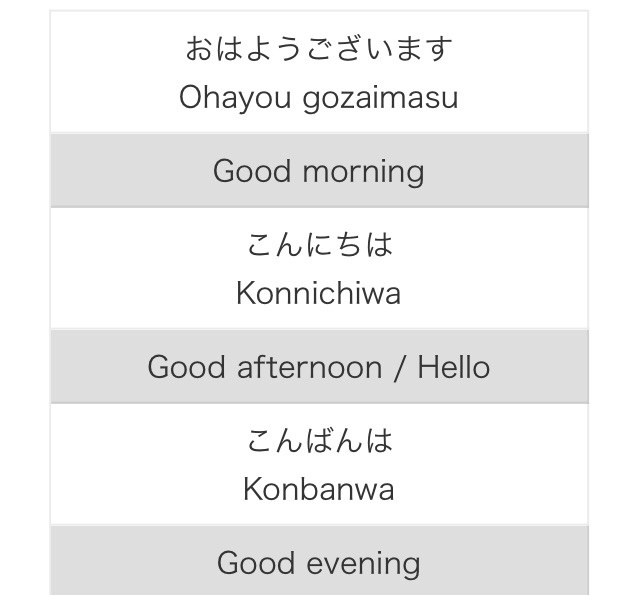
http://hiragananinja.tumblr.com/post/121808760919/%E3%81%8A%E3%81%AF%E3%82%88%E3%81%86%E3%81%94%E3%81%96%E3%81%84%E3%81%BE%E3%81%99-%CF%89%E3%83%8E-ohayou-gozaimasu-good
For personal letters in Japan, you can start with e (”to”) and finish just as simply with yori (”from”) For business, though, old-school logic says you’ll need to bust out the decidedly musty Haike (”Dear Sir or Madam”) and Keigu (”With humble regards”), as well as a handful of other traditional phrases.
Niko, over at nihongoshark.com, offers a few phrases that'll help you out as well, but if you're completely new to Japanese, the folks over at Japanese Video Cast will teach you some elementary level business phrases.
5. Get on the Elevator in the Proper Order
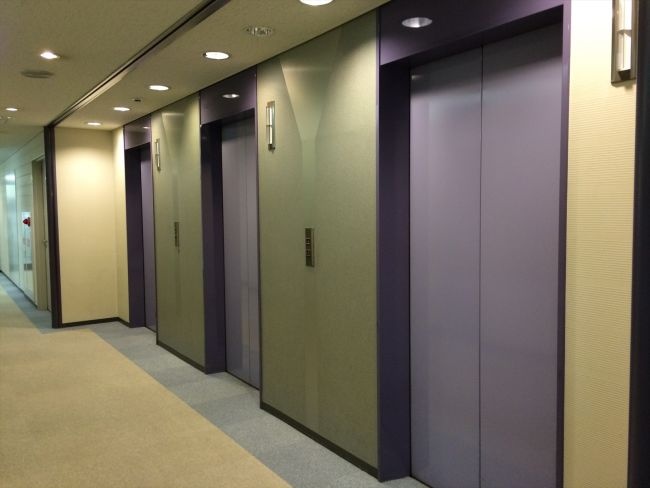
https://officee.jp/detail/2480/274535/
At first, this might seem like it’s as tricky as the seating arrangement issue, but in practice, it’s so largely based on common sense. People of higher status (which includes guests) get on first, which seems pretty natural, in that it’s polite to let others go before yourself. The lowest ranking person gets on last, and takes up a position near the control panel to press the buttons or hold the door open.


